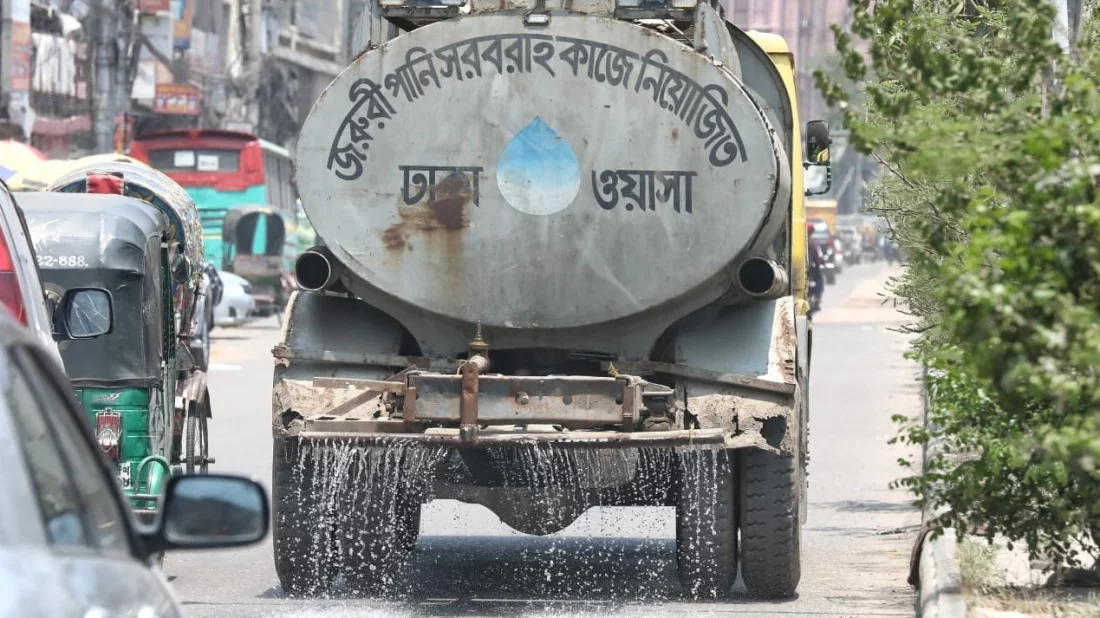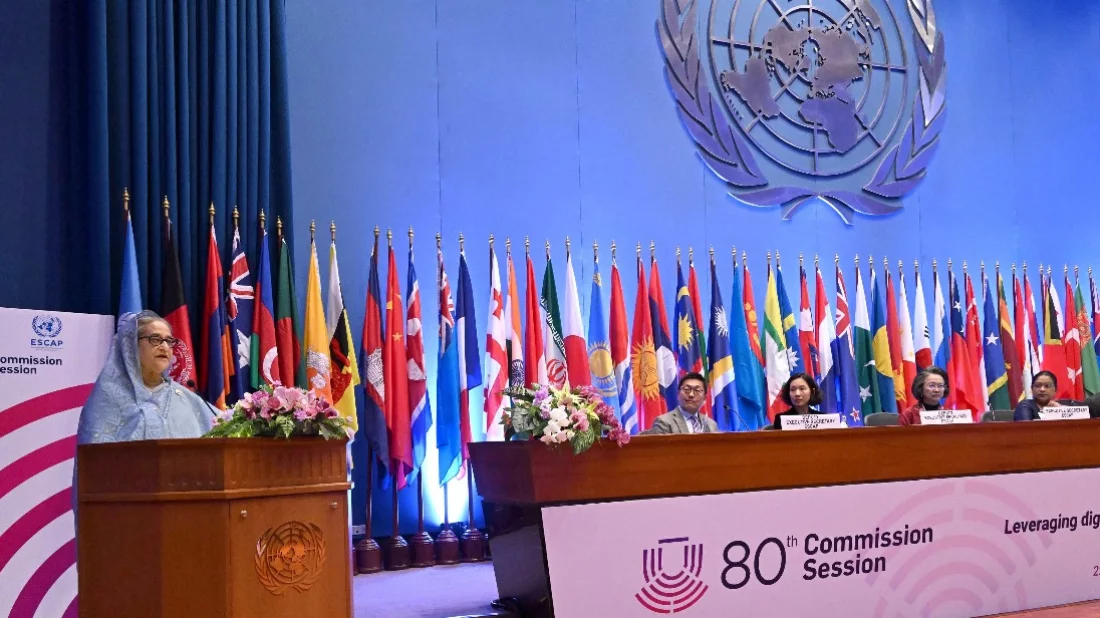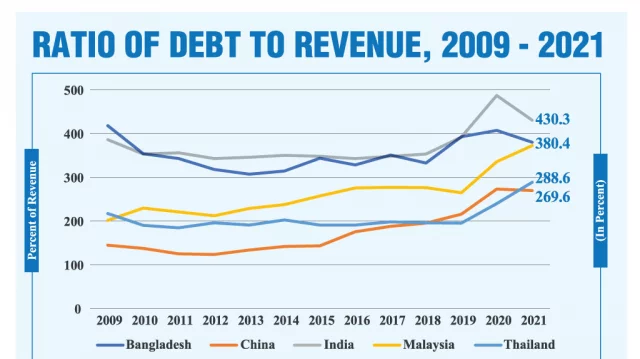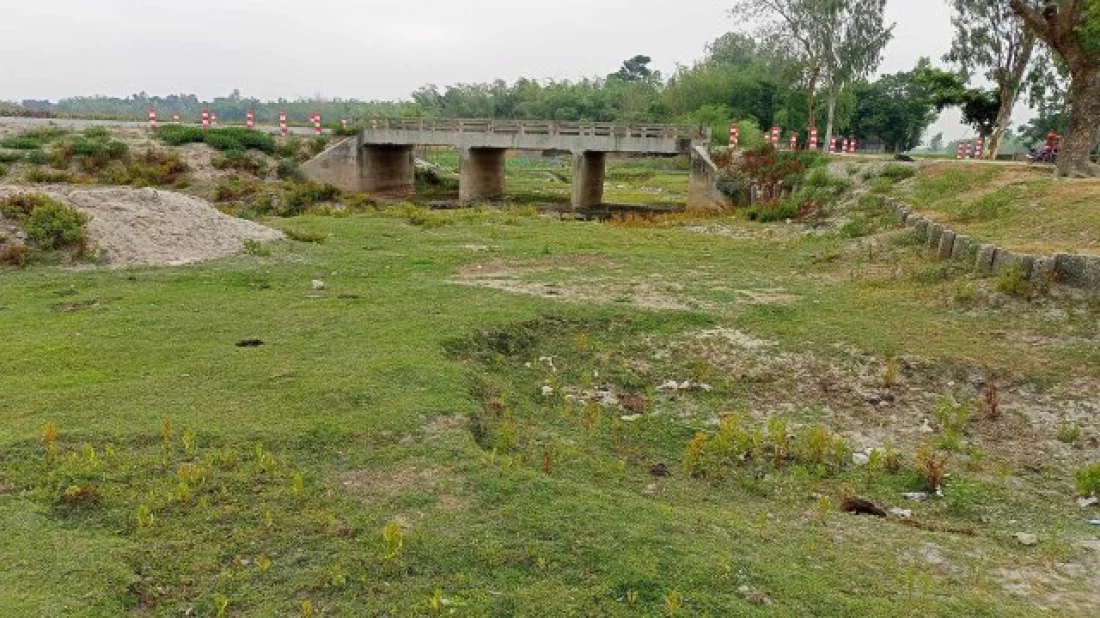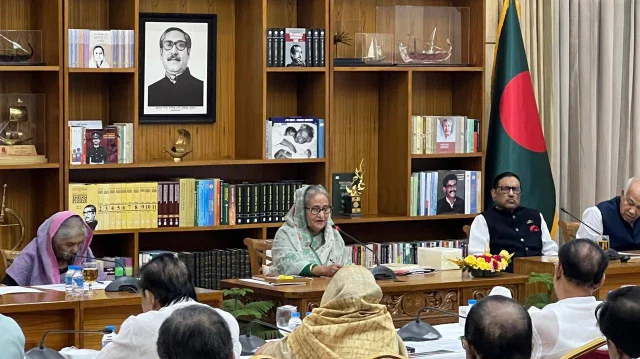
Bangladesh's banks are now free -- free to set their own prices on loans. I'll therefore make a prediction: At least one of the Bangladeshi banks will go bust. Big style, gloriously bust -- and this will be good.
One might think that a bank going bankrupt is not a good thing -- this is true. Depositors might be at risk of losing their money for example, but we have bank deposit insurance -- so that's covered. Large commercial depositors are not insured and so they might lose, but they're big enough and sophisticated enough that making them careful about where they put their money would still be a good idea.
The precise detail is that the Bangladesh Bank -- the central bank -- has stopped insisting that the commercial banks lend at the SMART reference rate. Effectively, the central bank determined the rates at which the commercial banks could lend. Now it won't.
Of course, the central bank will still control short term interest rates -- the bank rate etc, and thus the basic rate at which all other business takes place -- but now the banks are responsible for their own interest rate decisions. They can, and should, increase rates to riskier borrowers, reduce them to safer ones and so on. Further, the rates at which the big banks themselves can borrow will likely be lower than the smaller and riskier.
All of this is as it should be. Banks, after all, decide where commercial credit goes. Pricing for risk is an essential part of such a system.
But I said that at least one of them will go bust as a result. Ok, I'm not a fortune teller, but I'd put good money on that event happening, for some people will get their pricing wrong here.
One might even go back a stage and suggest that some banks shouldn't really be in business right now. Exposing them to proper pricing will just emphasize that position.
Now, the actual event of a bank going bust isn't good in and of itself. It's messy, some people really will be at risk of losing substantial sums and bankers themselves always look so forlorn carrying their personal possessions out in a cardboard box as the doors are locked behind them.
But the effects of a bank going bust will be usefully electrifying. Educational even.
For there's something that we all need to know about banking. And it's also something that bankers all too often lose sight of. Lending money is really easy. No, try it -- sit on the street corner offering loans to passers-by. It's wildly easy to get rid of as much money as you have to offer. What's more difficult is getting it back.
The difficulty of banking is finding someone worth lending money to. And, when bankers don’t have to set their prices properly this is something they forget. To the great pain of at least some of them when they do indeed need to set prices properly -- against their own cost of funds, the risks they're lending into and so on.
So, increased freedom for bankers usually does lead to one or more bankers going bust. Which we might take to be a reason for not giving bankers more freedom and there is something to that. But it's also true that bankers, through their decisions on deciding who to lend to, are directing the liquid funds of the society. And we'd like them to be directing those funds, that investment, into projects and to people that add value from receiving those loans. And, obviously enough, those who add value can indeed repay.
Which is why I'm just fine with one or more bankers going bust as a result of this newfound freedom. Once it does happen, it'll concentrate the minds of all the other bankers quite wonderfully. At which point they'll go back to what they should be doing -- seeking out those who are worth lending to. If the bankruptcy of a single bank scares the rest into doing things right, then we're in favour of the misuse of the newfound freedom.
Tim Worstall is a senior fellow at the Adam Smith Institute in London.




